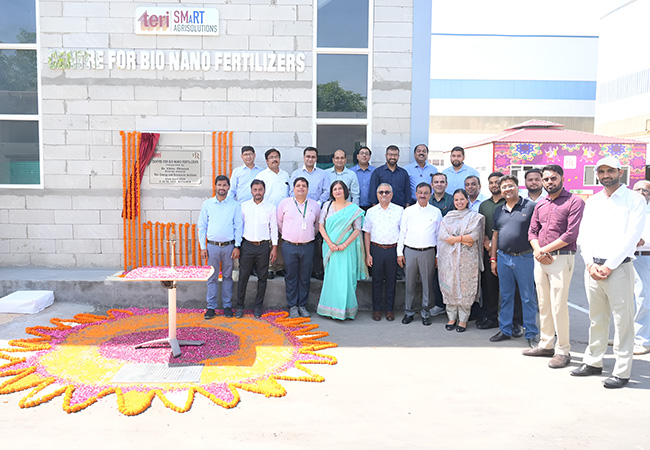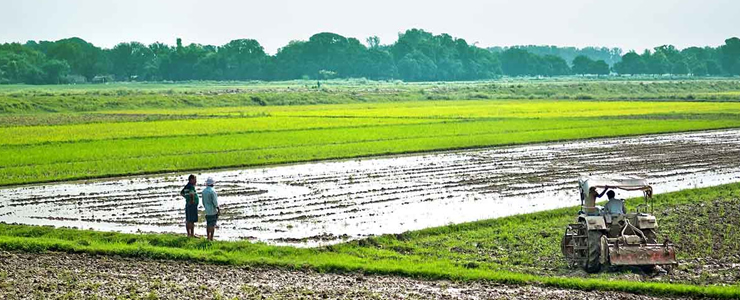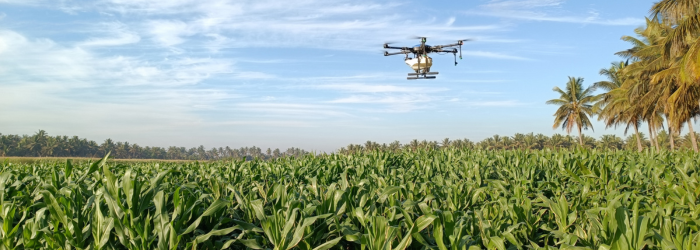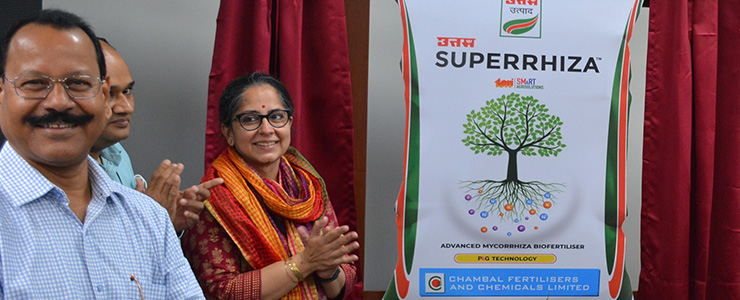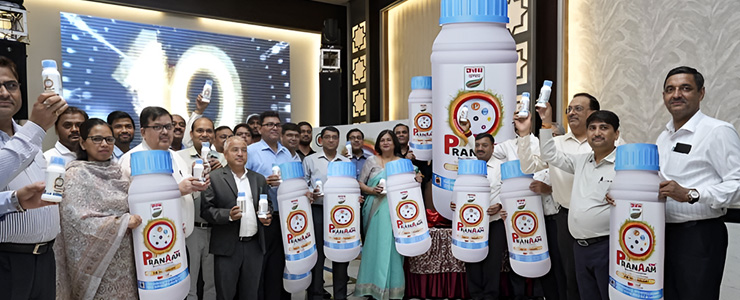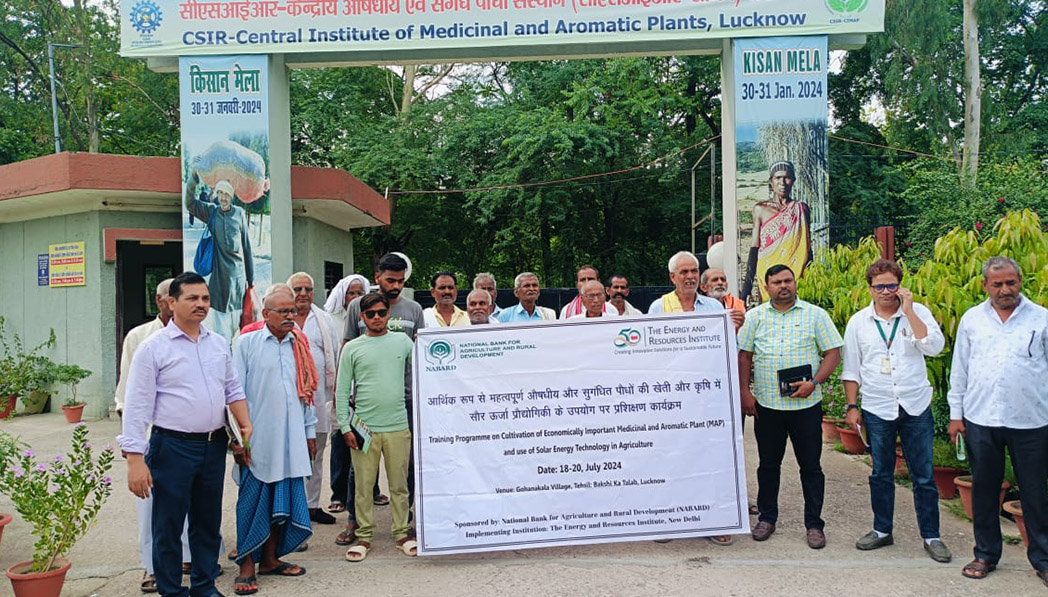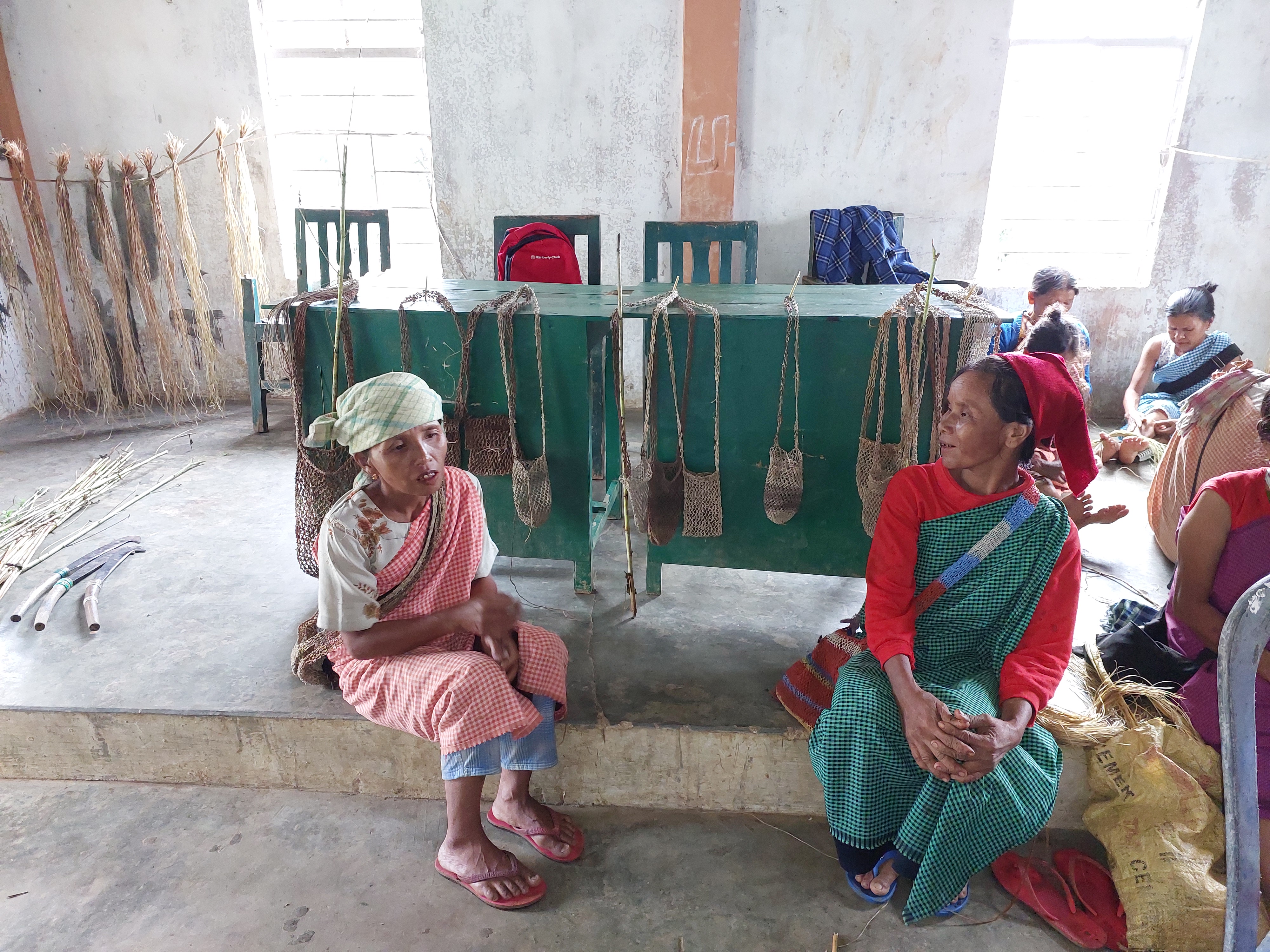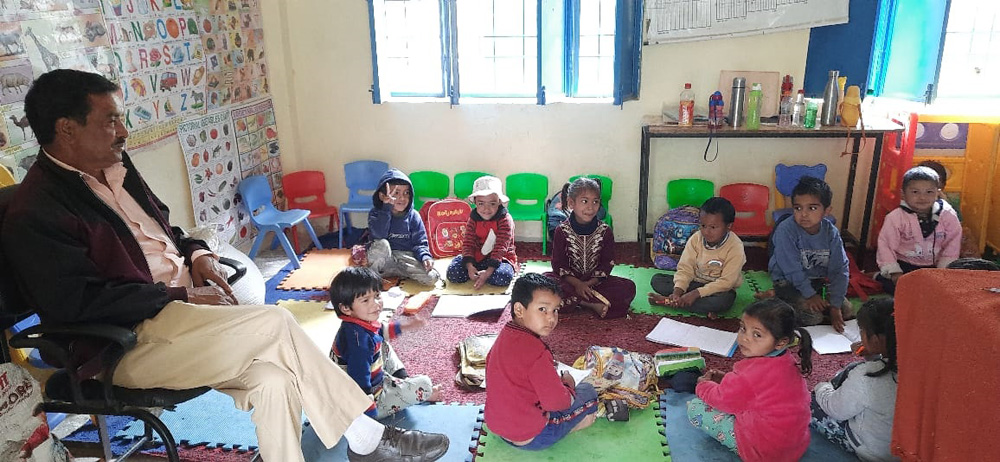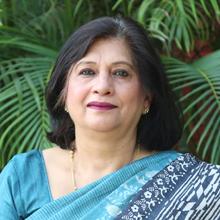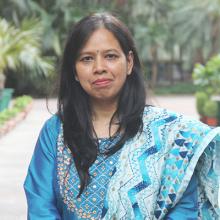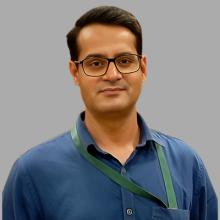Guyana introduces nano fertilizer to transform agriculture, improve yields
October 23, 2025 |
October 23, 2025
Guyana Chronicle
The introduction of the fertiliser developed through collaboration between the Guyana Rice Development Board (GRDB) and The Energy and Resources Institute (TERI) of India marks a major milestone in the government's push to modernise the sector, enhance productivity, and reduce environmental impacts.
TERI sees up to 50% drop in chemical fertilisers use
September 12, 2025 |
September 12, 2025
The Financial Express
TERI has developed three nano-fertiliser technologies urea, DAP and Phosphorous up to commercial scale, which is being marketed by private manufacturers.
Plasticulture: Plastic has taken over agriculture, on one hand it promises good income and bumper crops, on the other hand it is poisoning the soil
September 12, 2025 |
September 12, 2025
Gaon Junction (Amar Ujala)
From mulching films to drip irrigation , greenhouse covers and post-harvest packaging, the use of plastic in agriculture is steadily increasing. India's plasticulture sector today is worth Rs 54,000 crore. The use of plastic in agriculture may have its benefits, but the environmental hazards it poses cannot be ignored writes Dr Pushplata Singh, Director, Centre for Nano Research and Agricultural Biotechnology, The Energy and Resources Institute, TERI.
Bamboo tissue culture training program concluded in Raipur, 20 participants took part
August 4, 2025 |
August 11, 2025
Krishak Jagat
The five-day "Capacity building training program on micropropagation through bamboo tissue culture" organized at the Department of Molecular Biology and Biotechnology, Indira Gandhi Agricultural University, Raipur concluded. The participants found the training extremely beneficial. A session on commercial microbreeding was conducted by Dr. Shyam Sunder Sharma of The Energy and Resource Institute, TERI, New Delhi.
TERI and The Netherlands Innovation Network Release White Paper on Indo-Dutch Bioeconomy Collaboration
June 5, 2025 |
June 5, 2025
Krishak Jagat
TERI, in collaboration with the Netherlands Innovation Network, released a White Paper titled, “Towards a Greener Tomorrow: Indo-Dutch Opportunities for the Biotransition”. This joint effort outlines opportunities for India and the Netherlands to collaborate in building a sustainable and resilient bioeconomy.
Nano-sulphur can boost India's mustard yields by 20-30%: TERI scientist
April 21, 2025 |
April 21, 2025
Business Standard
Field research by TERI shows nano-sulphur can push mustard yield by 25-30 per cent similar to genetically modified DMH-11 trials but by using conventional varieties.

